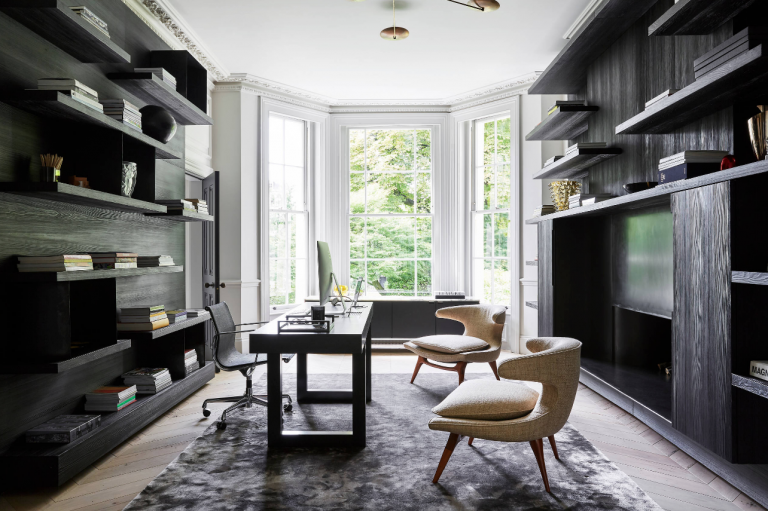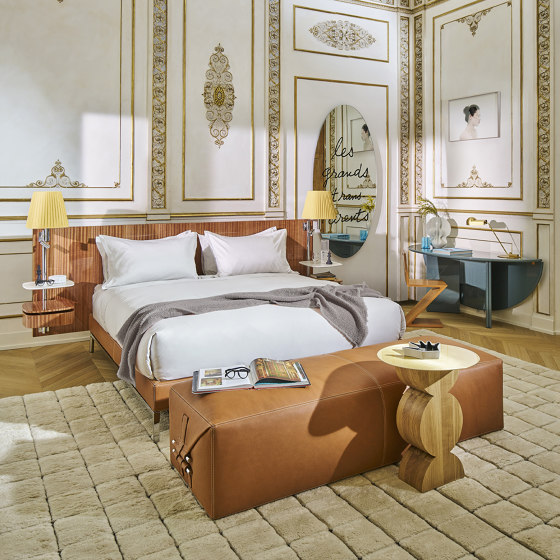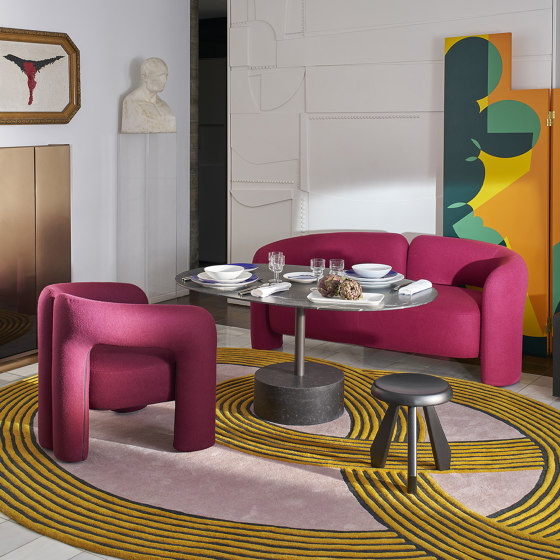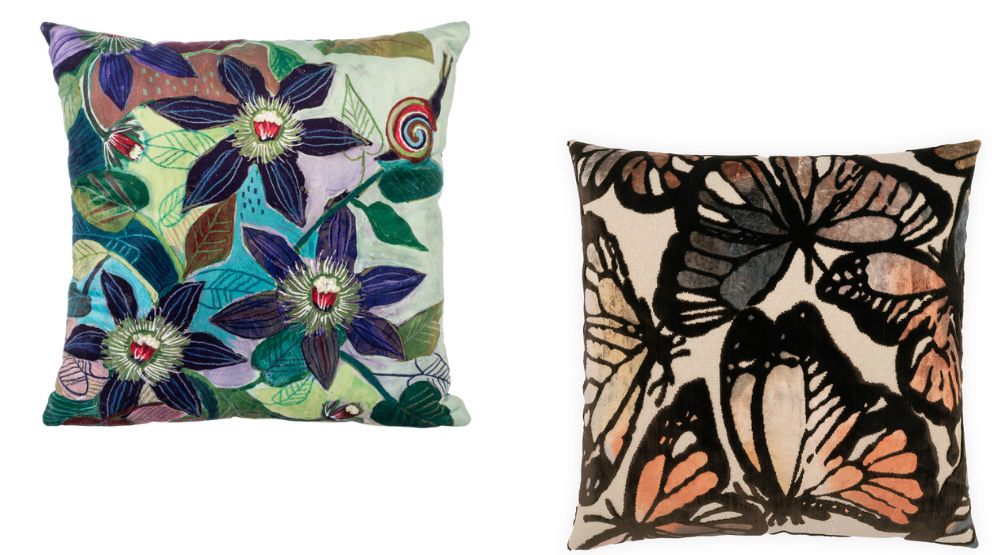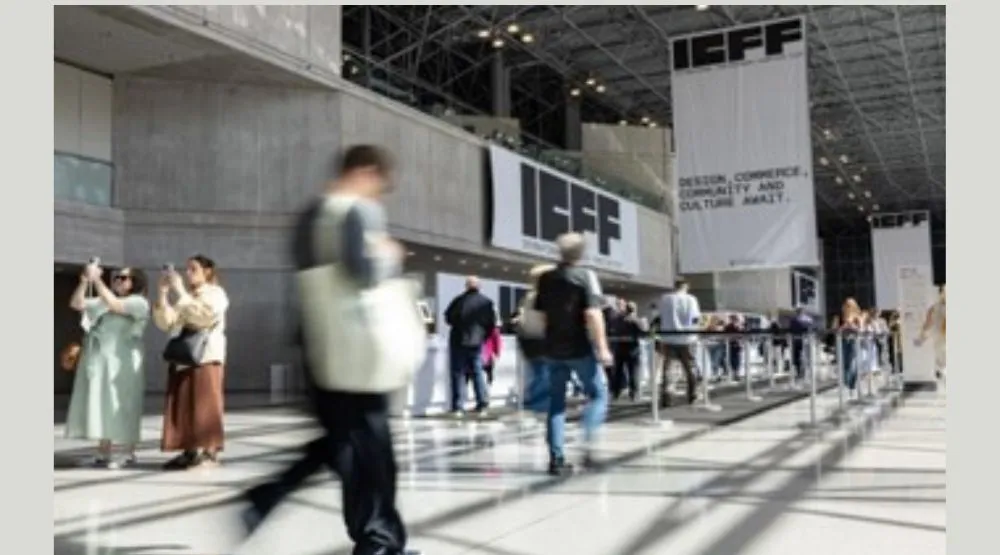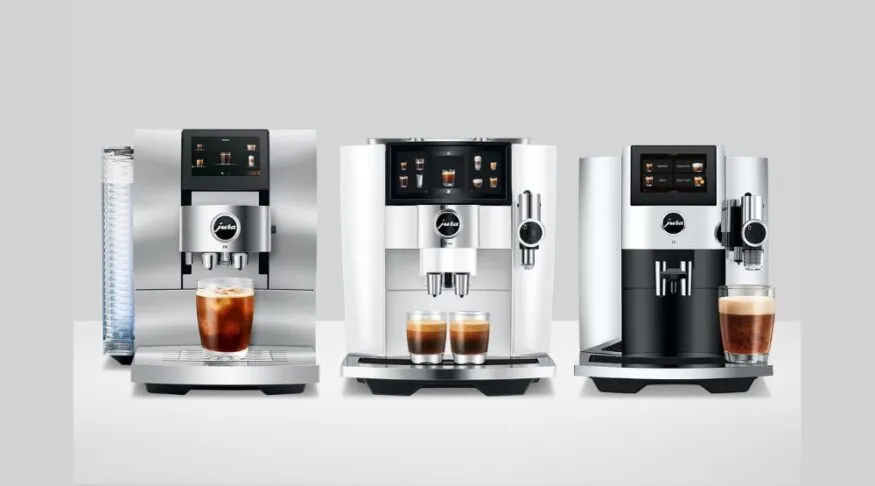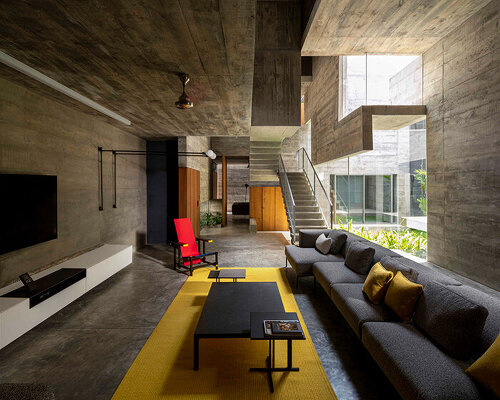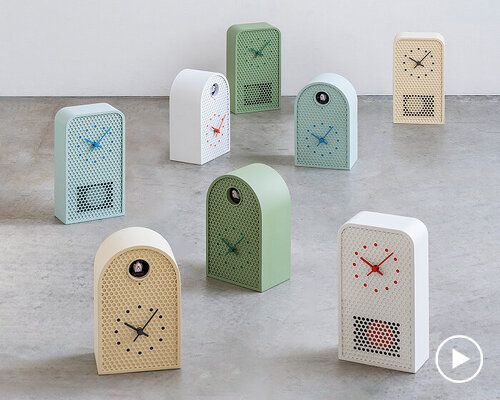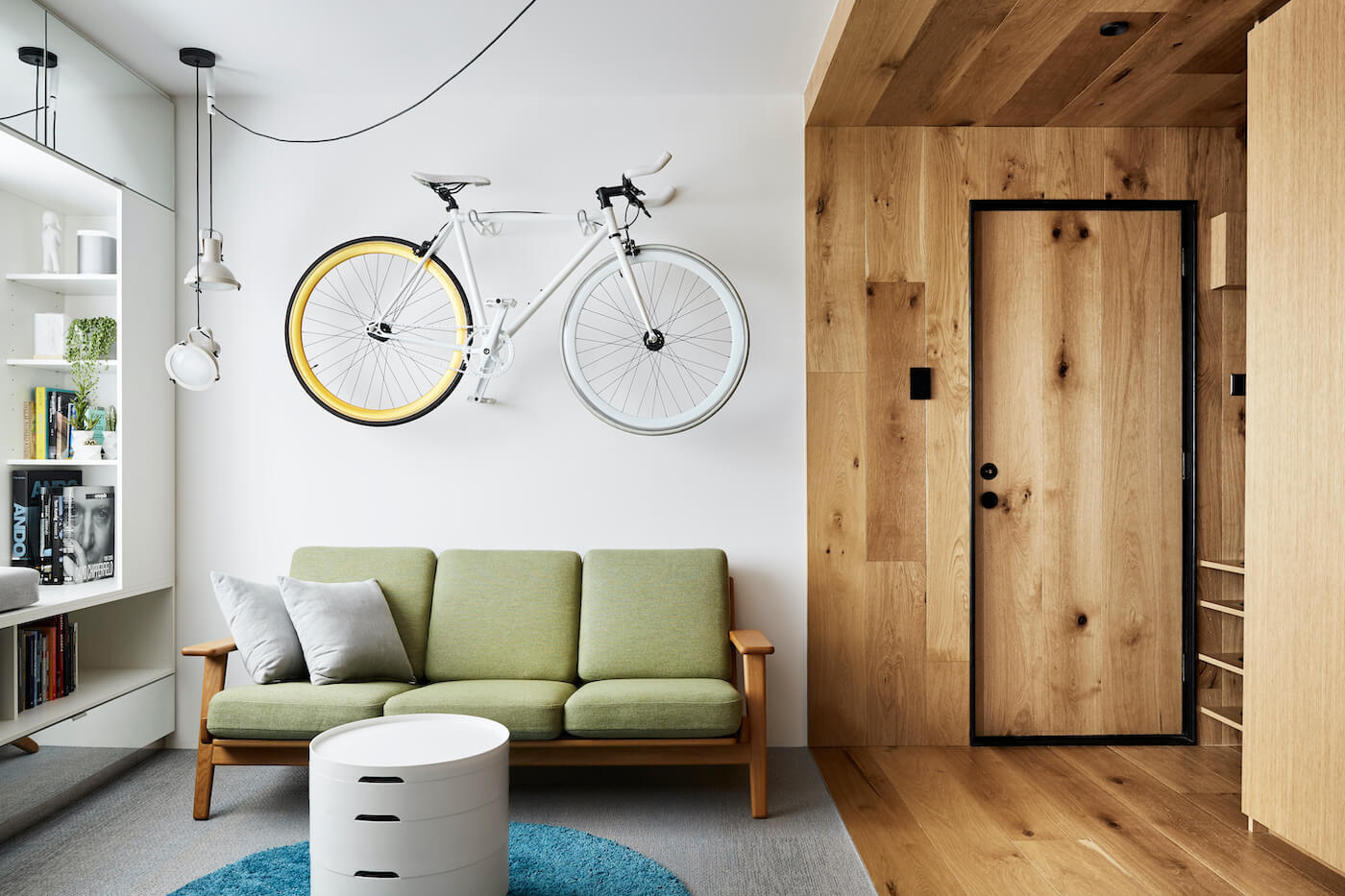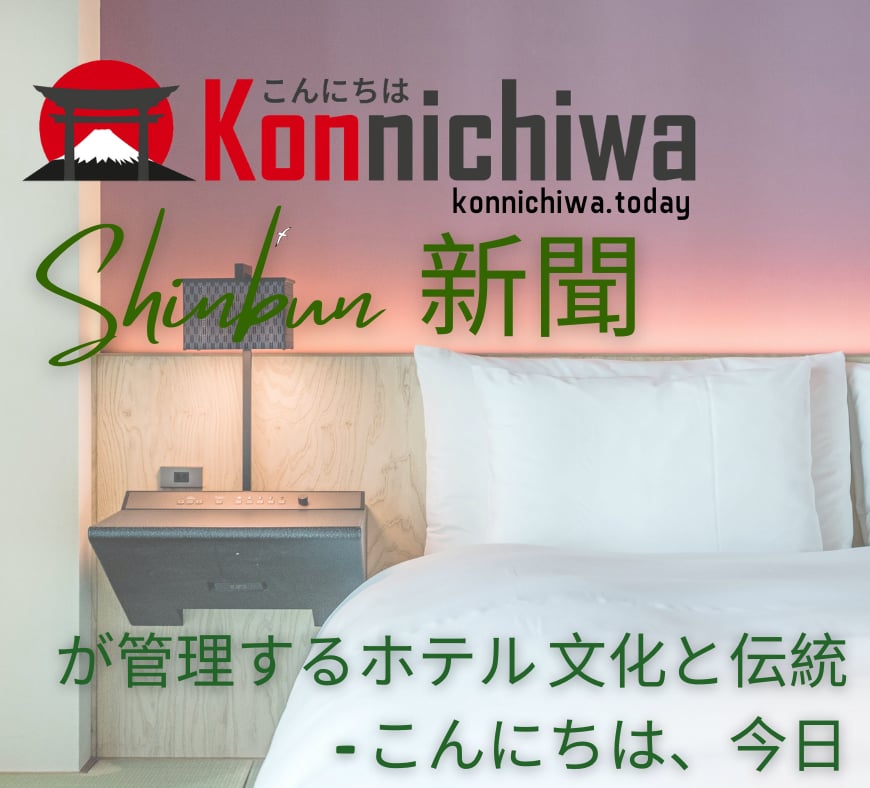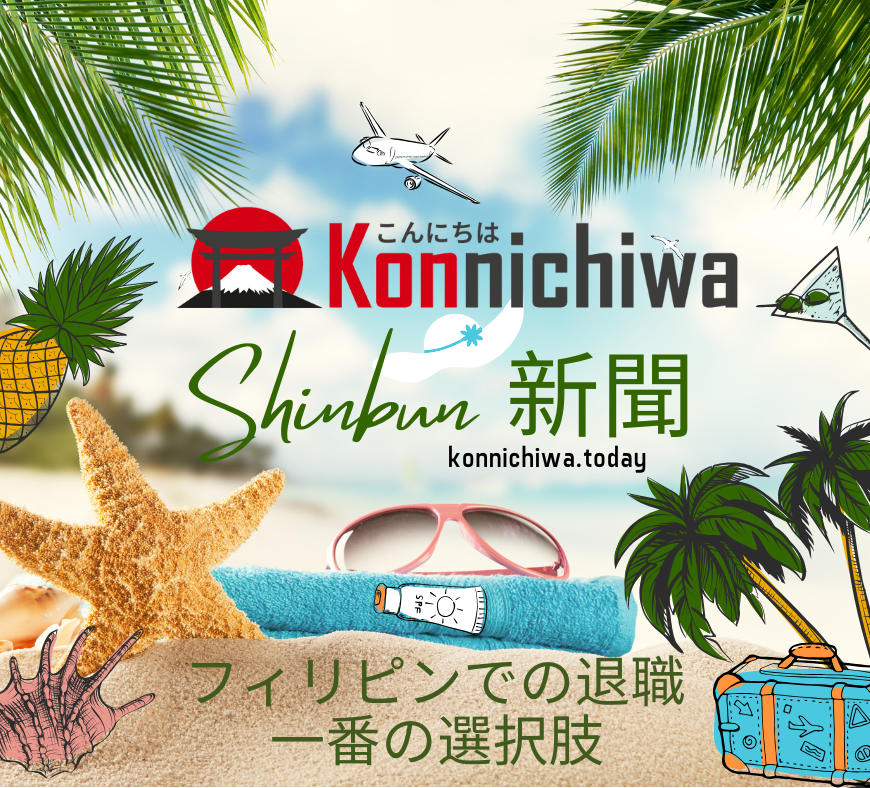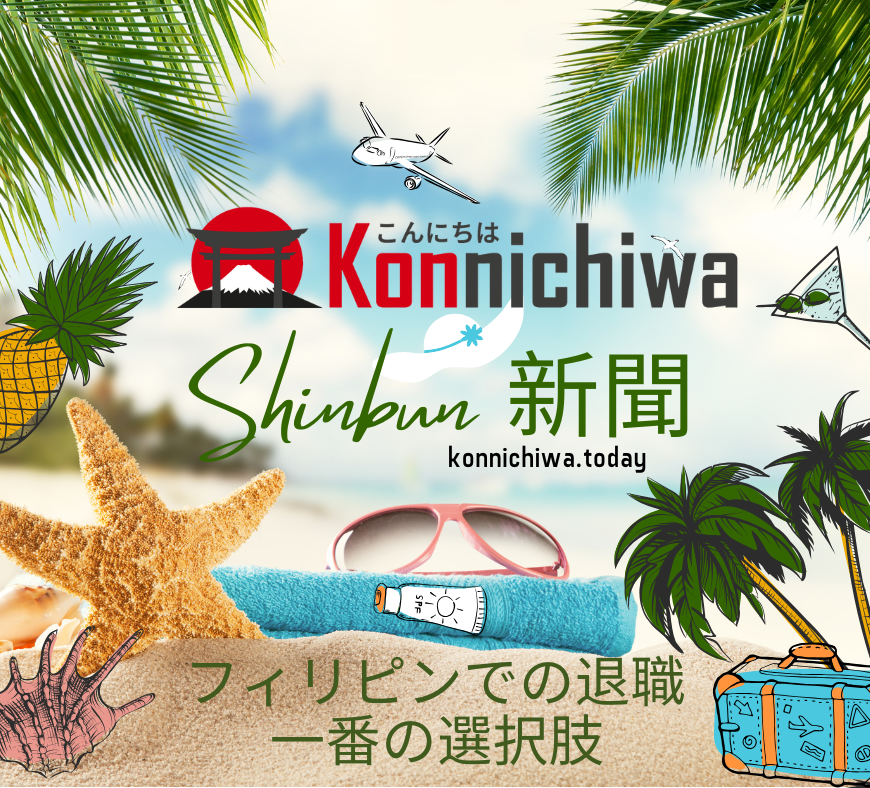New York Tabletop Show vendors split focus between new product, new tariffs

NEW YORK — The tabletop industry has gathered for the New York Tabletop Show this week, one of the first domestic home furnishings trade shows to take place since President Donald Trump‘s sweeping round of new tariffs took effect, including a punishing 104% tax on goods imported from China that became effective first thing this morning. Later in the day, President Trump authorized a 90-day pause on the specific reciprocal tariffs but raised the Chinese tariffs to 125%.
Yesterday was opening day of the show, and manufacturers were left trying to present their newest product lines while constantly updated news reports about stock market declines and fluctuating tariffs served as a backdrop.
Some were able to tune out the chaos in Washington better than others, and many said they are taking a “wait and see” approach to product pricing. Companies who manufacture primarily in Europe, such as Vista Alegre, acknowledged they were in a better position than those that manufacture primarily in Asia.
Others said prices will definitely go up. Many said they have been having transparent and collaborative discussions with their retail partners about the next steps.
“We are fluid in our conversations, keeping our pulse on the market,” said Raul Ruiz, the new chief marketing officer at Lenox, which indicated prices would be “TBD.”
Nicolas Marjieh, who co-owns Euro Ceramica with his wife, Joanne, said if a client wants to buy Freight on Board from its factories in China or Portugal, “we will give them the factory price, not landed.
“Everything else we sell from our New Jersey warehouse, we are waiting to see what settles down.”
The Tabletop Association, the manufacturer member group that organizes the Tabletop Show, hosted an open meeting with a customs broker on Monday, organized by the association’s president, David Zrike.
The people on the call had a lot of questions, said Zrike, and the broker fielded them while offering at least one mitigation strategy: first sale, which removes the importer’s margin and the licensing costs. “If you sell a customer FOB [Freight on Board], this is a way to carve out non-dutiable costs,” Zrike said.
“It’s a crisis time for the industry and the world,” he said.
“The hope is that everyone comes to their senses and negotiates a fair settlement. [With Chinese tariffs] at 104%, it’s impossible to get products to market at a saleable price. It’s a nonstarter.”
“We depend on China. No one can do what China does — yet.”
David Mackrell, president of tabletop at Lifetime Brands, said his company has diversified its sourcing over the years and is “OK with inventory right now.” But its factory partners had little room to negotiate, and Lifetime’s wholesale prices will rise, according to Mackrell, though he did not specify by how much. He said he has had “honest conversations” with some major partners who understand the situation.
“Everyone is waiting to see where tariffs are going to land,” he said.
But product development will continue, he added, and he will not sacrifice product quality to achieve a lower price point in the future, something he considered “short-term thinking.”
“I have a brand to protect,” he said.
Euro Ceramica’s Marjieh said he is concerned about where his business will stand at the end of the year. But the biggest loser will be the consumer, he said. The tanking economy will impact people’s jobs and their livelihood. He assumes their thought process will be, “I will buy eggs before ceramics.”
The good news is that business was on a good trajectory before the imposition of tariffs, Zrike noted.
“The customer wants products that make them happy,” he said. “We just have to get to a price where they are able to do that.”
See also:
Fruit themes, holiday decor and vintage-inspired products debut in New York


